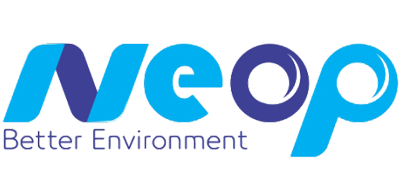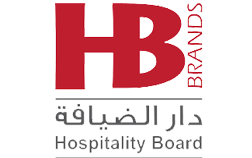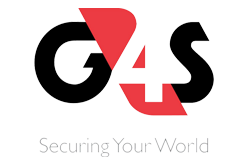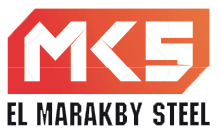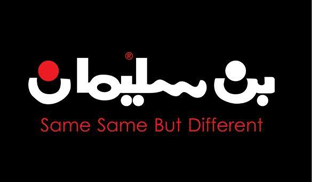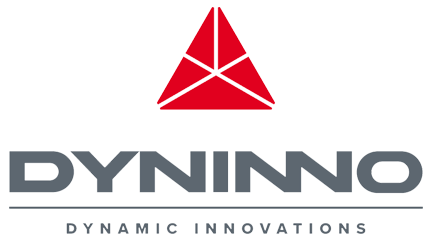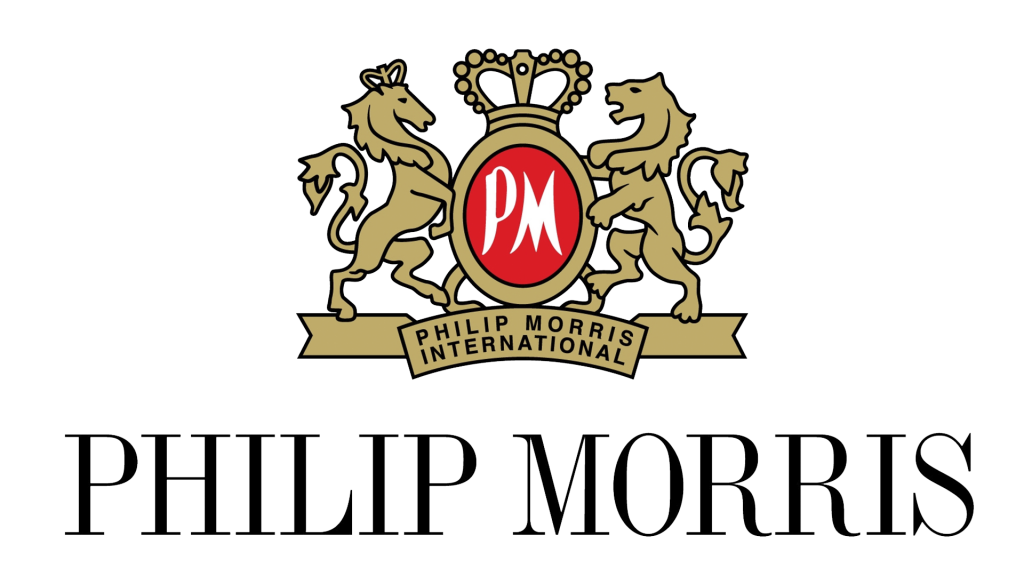The human resources field is one that’s plagued with many myths and misconceptions. Candidates aren’t the only ones with unrealistic dreams about the HR field, employers too believe many myths about HR.
There are many reasons why these myths exist, and continue to circulate. Chief among those reasons is that many people aren’t familiar with the duties HR professionals perform.
But that’s not all. Many people, from different fields, believe they can perform an HR executive’s role.
So, what are the top myths about HR that candidates and employers believe? What’s the truth? Let’s find out.
Two types of myths about HR
When looking at HR myths and misconceptions, it’s important to note the different sides of this profession.
There are the candidates who apply for jobs and there are the employers who want to fill HR positions. Employers have various misconceptions about what HR personnel can and can’t do.
For example, one of the most common misconceptions by graduates and juniors relates to HR diplomas and degrees.
Many grads and employees believe that getting a Master’s degree in Business Administration (MBA) makes them eligible for massive salaries.
While an MBA can be good for candidates, it’s not ‘the’ decisive factor for getting this person hired, explains Tawzef’s business development manager Mo’men El Attar.
“Getting an MBA doesn’t mean a person is on track to earn twice the salary in an HR vacancy,” he says.
“Acquiring practical skills is essential for anyone who wants to get into the HR field. An MBA doesn’t team practical skills. Working in the field, on the other hand, does,” El Attar stresses.
Common misconceptions and myths about HR
I could write an entire book about misconceptions about HR. To avoid that, I asked friends and colleagues on LinkedIn what they thought were the top HR myths.
1) Anyone can do an HR’s job!
This is by far the biggest myth about HR. Any person who has worked in the HR field has struggled with this statement.
If anyone could do an HR’s job, then we wouldn’t need to hire an HR specialist, let alone an HR team.
“As an expert in the HR field for the past 15 years, I can say that the perception about HR roles is very disappointing,” comments career coach and HR expert Marwa Agha.
What many managers and non-HR employees don’t realize is that HR is an essential element in any company or organization.
Small organizations may not see the need in hiring an HR team. However, as they begin to grow, their environment becomes more chaotic, forcing them to quickly find an HR generalist or experienced senior HR professional to help them manage the chaos.
2) HR works for the employer/for the employee
The human resources team works with people. It’s part of the job description. Their role, however, is to help drive the company forward.
In other words, their role is divided between the business, its owners, and the people working in the company.
It’s unfair to think that HR will put an employee’s needs first. Still, it’s also the HR manager’s or team’s duty to ensure that the company maintains fair practices and a stable work environment for employees.
HR does involve looking after people. It involves understanding why employees stay and why they leave. If a company has a high employee turnover, what’s the reason for that?
But that’s not all. Part of the HR team’s role is to build and maintain a positive work culture and environment. This involves creating an HR strategy, attracting and retaining staff, and creating an employee recognition and rewards program (if the budget allows).
In other words, it’s the HR team’s role to bridge the gap between what the company wants and their employees.
3) HR makes the hiring and firing decisions
Contrary to what most employees think, the HR team isn’t the one responsible for making hiring decisions in the company. Or firing people for that matter.
“HR doesn’t make these decisions. It is just that line managers jeopardize HR by letting them communicate [these] decisions,” comments Abdullah Rabea, Monitoring, Evaluation, and Learning (MEL) Officer at Athar Accelerator.
However, “it’s almost always the decision of the line manager not the HR team,” he adds, stressing that line managers should be the ones to communicate these decisions not HR.
4) HR people understand technical requirements
Although HR and talent acquisition specialists are responsible for finding technical hires, like software engineers, they usually don’t understand the technical requirements involved in selecting these hires.
“Applicants shouldn’t assume the person viewing their CV understands the depth of the technical requirements,” notes Rabea.
It’s for this reason that hiring tech talents usually involves several interviews. The HR review is just one of those interviews, the rest are conducted by the tech team leader, the chief technology officer (CTO) or chief product officer (CPO).
5) WFH means we don’t need HR
With many companies adopting a work-from-home (WFH) strategy, managers believe they no longer need an HR team.
But the truth is whether you’re hiring employees to work-from-home, from the office, on a full-time, part-time, or a freelance basis, you need a skilled HR team.
“This HR team is responsible for onboarding all new employees, communicating the company’s policies and procedures, and handling daily HR tasks,” explains Tawzef’s Mo’men El Attar.
What most companies don’t realize is that not all home-based employees are capable of being self-managed and of accomplishing all the required tasks, El Attar explains. Having a skilled HR team can help these employees get past these obstacles.
6) HR should keep employees happy
Every HR executive out there wants to tell employers and employees “It’s not our job to keep people happy.”
“HR is a business function to help managers to effectively fill the needs for talents, facilitate performance management, and [create] a productive culture,” explains Abdullah Rabea.
Its role isn’t to make employees happy. However, HR should support managers in creating an environment that helps employees be comfortable and productive.
In other words, if employees are happy but no work is getting done, then HR has failed.
7) HR has executive authority over other teams
For Rabea, this is “the biggest misconception of all.”
Despite what most employees think, HR only has authority in the HR department. For other teams and departments, the HR’s authority “is advisory.” Instead, it’s that team’s manager who has the authority to make decisions, set requirements, and so on.
The role of HR in business
So, what should HR be doing if they’re not in charge of hiring and firing people or making employees happy?
Let’s find out.
-
Recruitment
The HR team is generally responsible for managing the entire recruitment process. This involves collaborating with hiring managers and setting recruitment KPIs and measuring them to improve and speed up hiring.
It also involves improving the candidate experience for those interviewing with the company. Doing so can attract skilled talents to apply for jobs and improve employee retention.
Part of reviewing recruitment KPIs is understanding why employees leave and calculating the cost of employee turnover.
HR can also guide new line managers in conducting interviews. Should they conduct a structured interview or an unstructured one? What should they look for in an employee besides passing their technical test?
-
Compensation, payroll, and finances
The HR team is responsible for all areas relating to payroll. From creating an inclusive compensation and benefits strategy along with the KPIs to measure it to designing the company’s salary structure.
The HR team should also regularly review salary surveys to ensure their company’s salaries are competitive and in line with the market.
In addition, HR are tasked with managing many administrative duties including coordinating with finance to pay employees on time.
These tasks also involve creating the company’s annual HR budget and forecasting potential needs and hires. HR should also decide which HR KPIs and metrics to measure to grow the business.
-
Business culture and environment
Another element that falls under the HR team’s roles and responsibilities is company culture.
HR is tasked with creating a culture that helps employees stay productive and provides them with the space to be creative and grow.
Part of having a positive and inviting work culture is to engage and empower employees. To do so, it’s best to track several employee engagement and retention metrics.
Moreover, part of HR’s role is to help managers set up their teams for growth. This can involve offering employees training opportunities or simply ensuring they don’t suffer from burnout, which negatively impacts the entire business.
-
Training and development
Companies that seek to grow would often provide training and development opportunities for their managers and team members.
These opportunities may vary. From adopting new software to speed up processes and improve workflow, to letting employees take online or in-person courses to improve their skills.
Whether it’s a language course or a more business-focused one, providing teams with training helps employees and the company.
Providing training for teams falls on both the managers’, including line managers, and HR team’s shoulders.
Final words
As you can see, there are lots of HR myths going around. Whether you’re an HR professional, manager, or someone who’s looking to join the HR field, you should know what’s true and what it isn’t.
Are there any other myths or misconceptions about HR that we missed? Let us know in the comments.
Further reading
5 Reasons Why Developing an HR Strategy Is So Important
8 HR Industry Trends to Shape 2023 and Coming Years
6 Hiring Mistakes Employers Make
What Are the Different Types of Outsourcing in HR?
All You Need to Know about Outsourcing HR Functions
How HR Consultancy Firms Can Drive Businesses Forward
All You Need to Know About Employee Training and Development KPIs



























